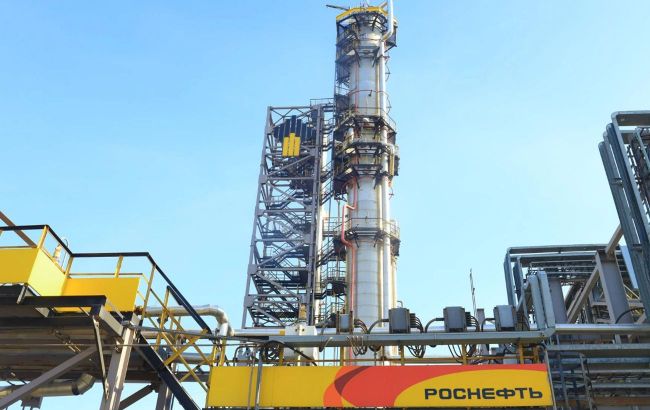China cuts rare minerals, stalling US weapons — and threatening Ukraine’s fight for survival

Western weapons production is under threat. China has cut off critical supplies to the US defense industry by restricting access to vital minerals. Companies are delaying deliveries, searching for new sources worldwide, and prices for some resources have skyrocketed 60-fold, The Wall Street Journal reports.
Ukraine depends on Western weapons supplies in Russia’s long-term war of attrition. China is Russia’s closest economic partner and has openly stated that it will not stop supporting Russia’s war machine. Beijing fears that after the war ends, the United Stat will shift its focus to China, and is determined not to let that happen.
China cuts off access to rare earth elements
In response to the escalating trade war with the US, Beijing tightened export controls on rare earth elements — essential for manufacturing weapons, from drones to fighter jets. Today, China controls about 90% of the global rare earth minerals market. American manufacturers have become dependent on Chinese suppliers.
Companies are already reporting major disruptions. One drone manufacturer had to delay shipments by two months while searching for non-Chinese magnets. Prices for samarium, a mineral needed for magnets that withstand extreme temperatures, have increased 60 times. The mineral restrictions highlight just how dependent the US military is on China.
Ban on germanium, gallium, and antimony hits night vision and munitions
Since December, China has officially banned exports to the US of germanium, gallium, and antimony — minerals used in machine guns, shells, and night vision devices. Manufacturers are already sounding the alarm.
The CEO of American firm Leonardo DRS stated that germanium reserves are at the limit. This element is critical for infrared sensors in missiles. The company is actively searching for substitutes and new sources.
The Pentagon has ordered a phase-out of Chinese rare earth magnets by 2027, but most companies only have a few months of stock left.
Chinese control: How one customs office disrupted US ammunition transit
Even alternative routes are failing. In April, Chinese customs in Ningbo detained 55 tons of antimony in transit, which the United States Antimony Corporation was shipping from Australia to its plant in Mexico. After three months, the cargo was forced to return to Australia. Upon arrival, seals were found damaged, and the company is now investigating whether the antimony was contaminated or counterfeit.
Without new sources of mineral extraction, production will inevitably shrink, defense industry representatives warn.



